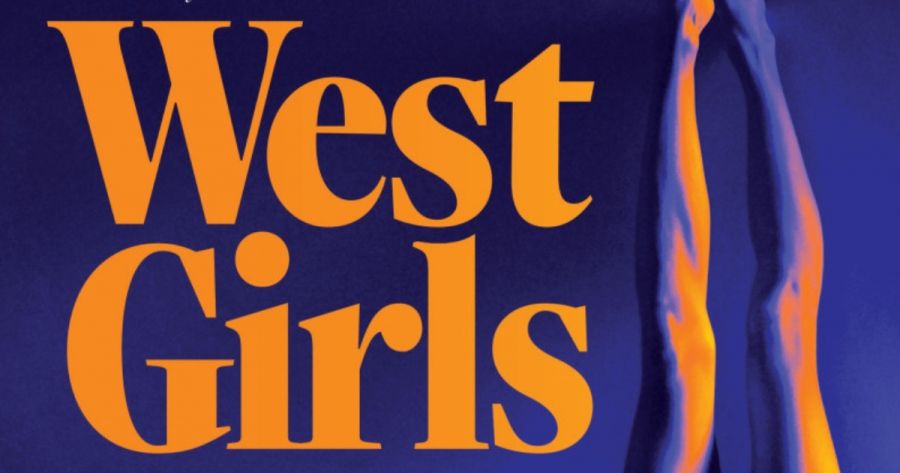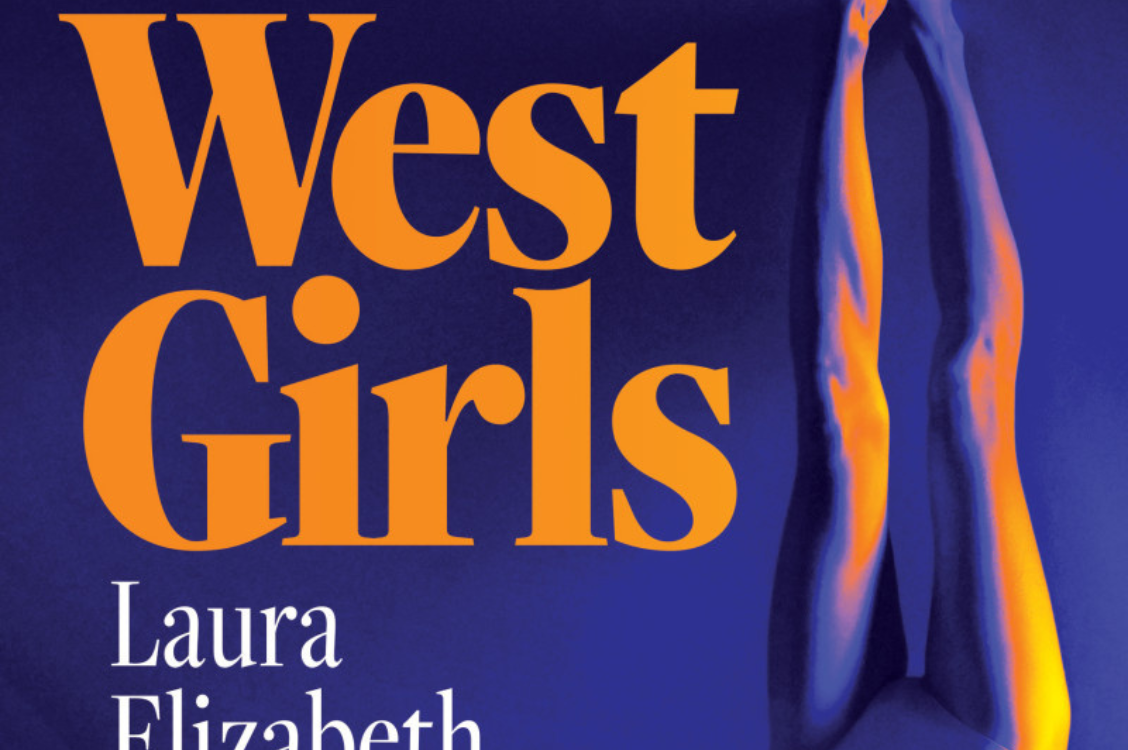
- Free Article: No
- Contents Category: Fiction
- Review Article: Yes
- Article Title: Polyphony
- Article Subtitle: Laura Elizabeth Woollett’s unsentimental new novel
- Online Only: No
- Custom Highlight Text:
Laura Elizabeth Woollett demonstrates her mastery of the polyphonic novel in West Girls. The book, Woollett’s fourth, comprises eleven nimbly interwoven chapters that explore origin, agency, and delusion in a patriarchal society.
- Featured Image (400px * 250px):

- Alt Tag (Featured Image): Mindy Gill reviews 'West Girls' by Laura Elizabeth Woollett
- Book 1 Title: West Girls
- Book 1 Biblio: Scribe, $32.99 pb, 240 pp
- Book 1 Cover Small (400 x 600):

- Book 1 Cover (800 x 1200):

During Luna’s six month-long travels with her mother, she becomes increasingly aware of her complex feelings towards other women. Invigoratingly, though, she accepts her sexuality matter of factly, with curiosity rather than confusion. Her emotional conflict stems from her inability to separate jealousy from reverence, pity from attraction, and she compulsively reassesses the beauty – and value – of other women. This becomes most acute after she befriends the aspiring model Caitlyn, also known as CB, a member of the clique nicknamed ‘the Blondes’. When CB casually suggests that Luna audition at her modelling agency (‘They’re on the lookout for mixed girls’), Luna doesn’t contradict the assumption that she isn’t white. Her rapid infatuation with CB, and with her own self-image, soon paves the chemin de l’enfer where Luna Lewis becomes Luna Lu, the half-Indonesian, half-Australian international model who famously ‘pos[es] for Vogue UK’s “Asian Invasion” feature’. Regardless of the possible consequences, Luna’s act of deception remains a source of empowerment. She is proud of the way that she has taken control of her life, and her ‘ticket out of that arse-end of the city at the arse-end of the earth’ is proof to herself of her uncompromising ambition.
 Laura Elizabeth Woollett (photograph by Leah Jing Macintosh)
Laura Elizabeth Woollett (photograph by Leah Jing Macintosh)
For readers inclined to accuse the author of promoting cultural appropriation, a more figurative style of analysis may offer helpful redress. Woollett is an impressively unsentimental writer – which is not to say an unempathetic one – with a rare ability to resist authorial intrusion into her characters’ lives. The fallout from Luna’s actions is as resonant as it is because the denouement, and the coda that follows, are refreshingly free from allegory. But this is not to suggest that the narrative is insular – it is rather the opposite. West Girls is fraught with the commodification and exploitation of identity that is so persistent in our cultural lives. What it refuses to do is tell the reader how to think about it.
Another one of the author’s central concerns is systemic misogyny – both internalised and societal – which she revisits here with condemning clear-sightedness. While the first half of the book unflinchingly depicts male sexual violence, its second tackles the insidious culture of the beauty industry. These critiques are, for the most part, seamless. It is only the novel’s first four disparate chapters that risk monotony in their representations of violence against women and girls. While not always the primary focus, each narrative’s emotional turning point hinges on the actions of a predatory male, often a paedophile. It may be a soberingly accurate reflection of how widespread, and seemingly inescapable, sexual violence is, but real life can get away with more parallelism than fiction.
After Luna reaches the limits of her infamy abroad, she eventually makes her way back to Perth. These final sections of the novel have an almost coda-like quality and are unexpectedly arresting in how they contemplate what it means to make the most of one’s circumstances. The forward-looking nature of these chapters breathe fresh air into the narrative, while at the same time providing a sense of having been given a bird’s eye view of these characters’ histories and possibilities. While Luna and CB’s reunion reveals the many ways in which they have radically changed, those who know them intimately – the reader included – see the lodestar of the imprint of their early lives. One may feel a certain ambivalence towards some, or even all, of their chosen paths, yet there is little temptation towards scrutiny or criticism. Rather than casting judgement on her characters’ lives or attempting to ‘puppet’ them, Woollett gives her cast the space to be human. The deft execution of this sprawling, interlocked narrative is due in large part to the author’s willingness to surrender her control. The result is a witty, thought-provoking novel that serves as a reminder of life’s ultimate indifference towards us.


Comments powered by CComment